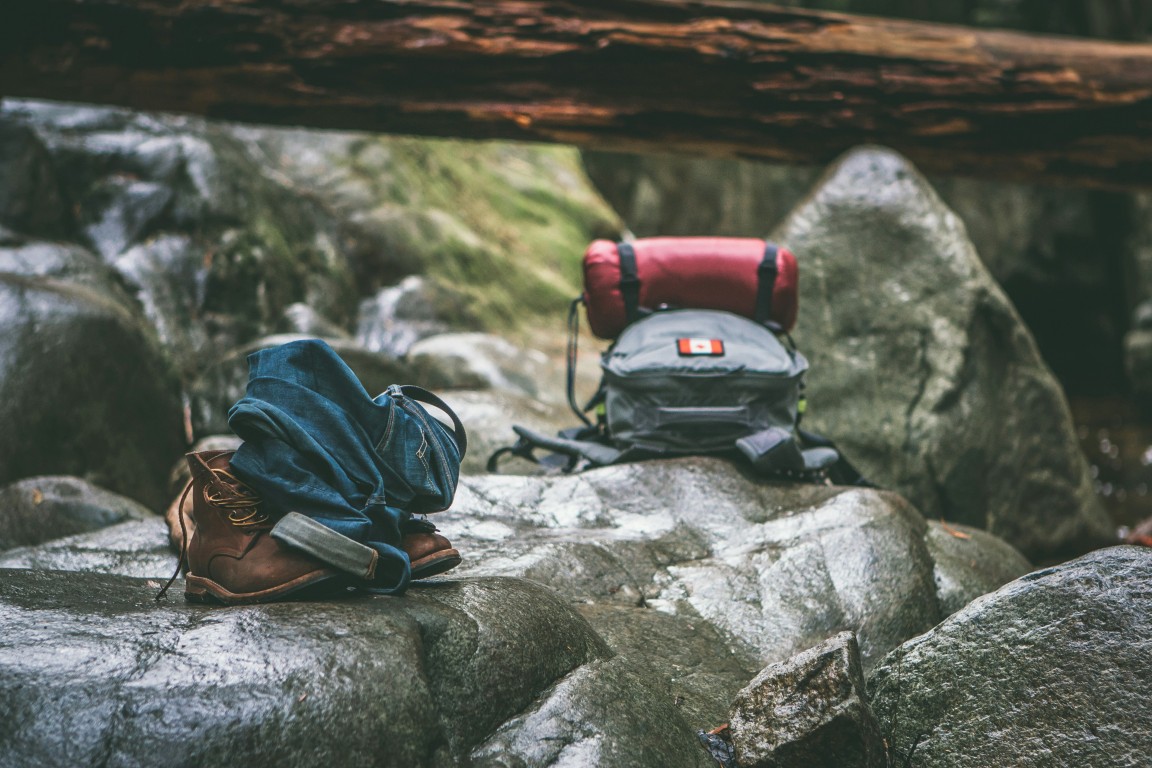GPS has speeded up play on the golf course. For those in the rough, it tells them how far away they are from the trap rather than the sprinkler heads and they don't have to agonize as much over club selection if they know exactly how far they have to go. The unfortunate part is that it tells you the brutal truth of exactly how far you hit your driver. Most people think they hit it 20 or 30 yards farther than they actually do, but GPS doesn't lie.
Bernie Friedrich, Vice President Golf Operations, Boyne, USA
GPS Makes Outdoor Sports Safer
The Global Positioning System (GPS) has eliminated many of the hazards associated with common recreational activities by providing a capability to determine a precise location. GPS receivers have also broadened the scope and enjoyment of outdoor activities by simplifying many of the traditional problems, such as staying on the correct trail or returning to the best fishing spot.

Outdoor exploration carries with it many intrinsic dangers, one of the most important of which is the potential for getting lost in unfamiliar or unsafe territory. Hikers, bicyclists, and outdoor adventurers are increasingly relying on GPS instead of traditional paper maps, compasses, or landmarks. Paper maps are often outdated, and compasses and landmarks may not provide the precise location information necessary to avoid venturing into unfamiliar areas. In addition, darkness and adverse weather conditions may also contribute to imprecise navigation results.
GPS technology coupled with electronic mapping has helped to overcome much of the traditional hardships associated with unbounded exploration. GPS handsets allow users to safely traverse trails with the confidence of knowing precisely where they are at all times, as well as how to return to their starting point. One of the benefits is the ability to record and return to waypoints. Similarly, fishermen typically use GPS signals as a means to continually stay apprised of location, heading, bearing, speed, distance-to-go, time-to-go, chart plotting functions, and most importantly, returning to a location where the fish are plentiful.
Benefits
- Highly accurate all-weather positioning information using GPS receivers helps outdoor adventurers with safer exploration anywhere in the world.
- Ability to return to favorite fishing spots, trails, campsites or other locations with precision year after year, despite changing terrain conditions.
- New and interesting activities (based solely on the capabilities of GPS) are developed every day by outdoor enthusiasts and shared with others.
- Relatively small, portable, and affordable handsets can be used for multiple types of recreation activities.

